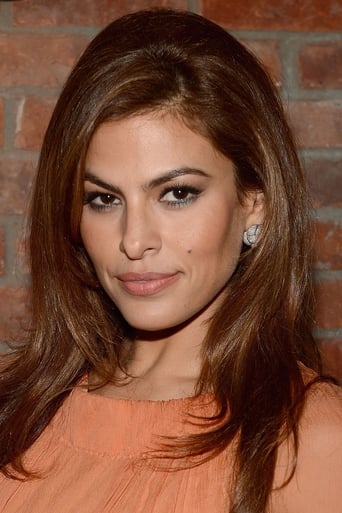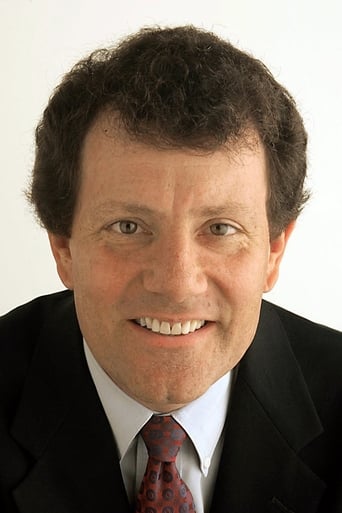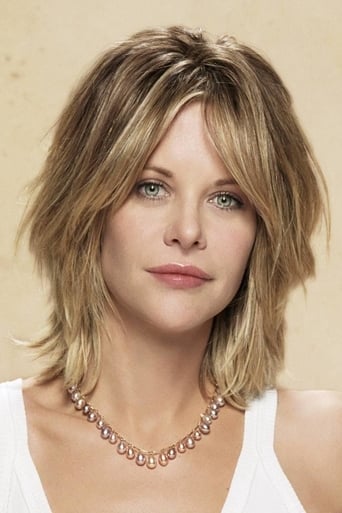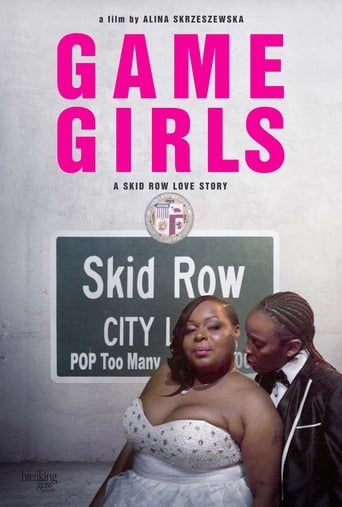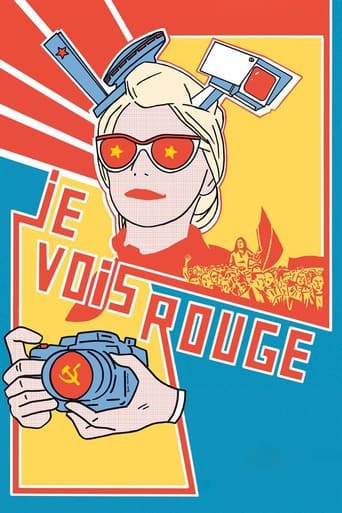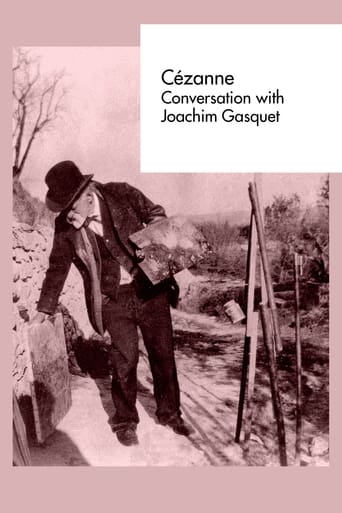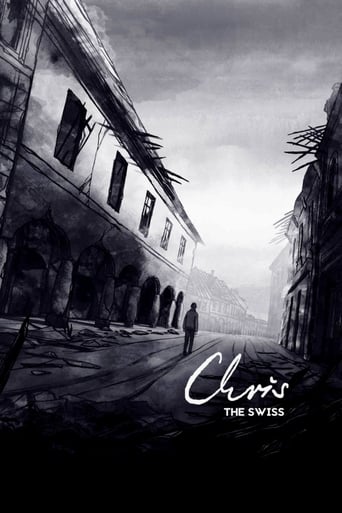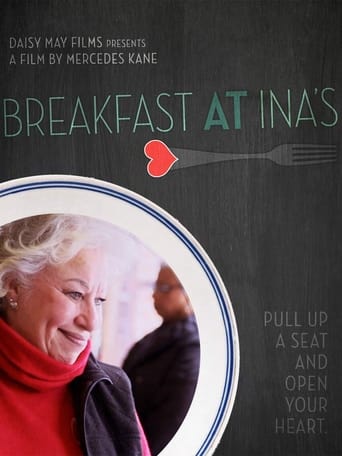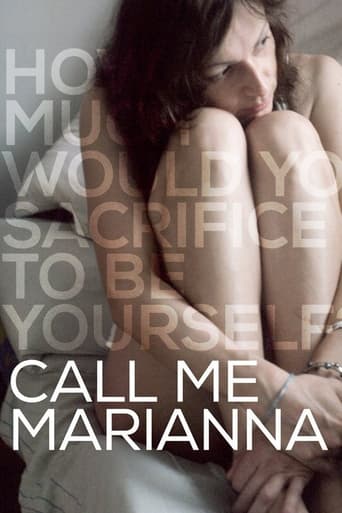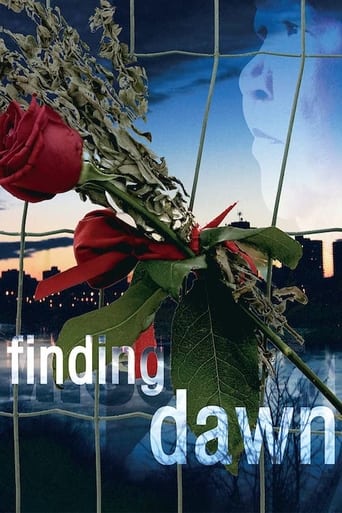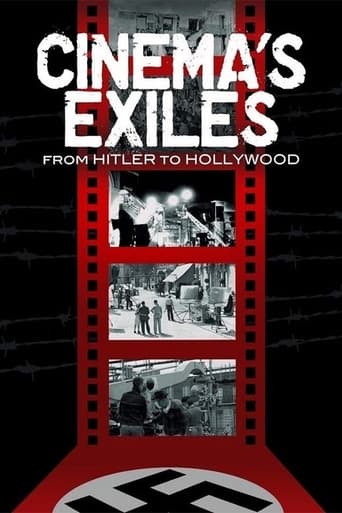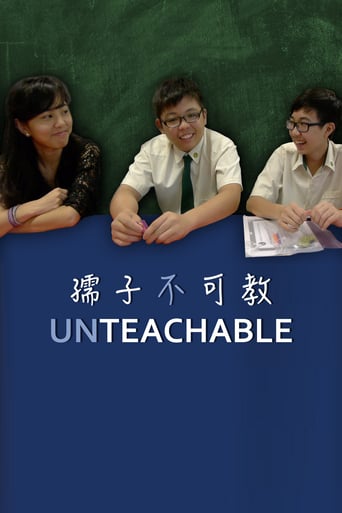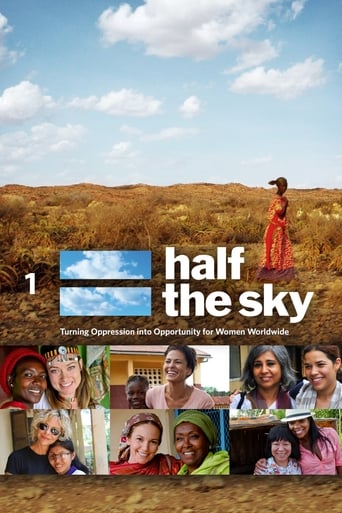

Half the Sky: Turning Oppression Into Opportunity for Women Worldwide (2012)
PBS series documentary based on a book of the same name that argues the oppression of women worldwide is the "paramount moral challenge" of our time.
Watch Trailer
Cast


Similar titles
Reviews
Powerful
Bad Acting and worse Bad Screenplay
Pretty good movie overall. First half was nothing special but it got better as it went along.
By the time the dramatic fireworks start popping off, each one feels earned.
Everyone should see this documentary and do something about it. It is a two part documentary that deserves all the attention and to be seen one story at the time. It shows six different stories, in different countries and the abuse that no human being should experience, much less a child. And all of that misery is man-made. It breaks your heart while watching it and it is extremely emotional, but when you see these precious little girls talking, and their spirits still shining through after enduring so much evil, you are left speechless and humbled. It clarifies the insignificance's of some of the things we stress about daily. No one in this day and age, especially a child anywhere on this planet should be mutilated, or a slave, much less a sex slave and to be told: there is no food for you today, and you cannot go to school.
This four hour, two part PBS documentary on abuses of women in six different countries is taken from Nicholas Kristof and Sheryl WuDunn's highly regarded book. And even if arguably flawed on a film-making level, this is powerful, sometimes gut wrenching stuff. You know a documentary has a real effect when immediately after watching you feel compelled to send money to two charities you've never heard of before. It does a great job of never downplaying the horrors of the subjects it tackles; sex trafficking of under-aged girls, denial of education, genital mutilation, etc., while managing to always leave room for hope. In each case, we see a brave, almost saintly woman or organization fighting the odds and personal danger to change things. So instead of feeling depressed you feel agitated and energized. "These situations are awful, but no situation is beyond hope and change" is the constant theme. The elements that bothered me certainly didn't undercut the power of the film's message, but did make watching it less emotional than it might have been. The device of having female celebrities be our surrogate guide into each of these situations seemed odd and smacked of pandering. I found myself frustrated listening to the feelings of the actresses about what they were seeing, and would gladly have traded that time for more interviews with experts in the fields, or the actual victims and those who are working for change. The idea we needed to see this through movie and TV stars eyes (as intelligent and well-intentioned as these women are) seems to really underestimate the intelligence of the audience. I also found the sameness of style made the pieces start to lose some power as they went along. Or perhaps it was the choice of the ordering of the 6 stories. But after crying at the first three stories, I found myself less moved by the last three. Perhaps it was simple emotional overload. Last, I had mixed feelings that all the stories where from 3rd world countries (with the exception of India). It is true that the most gross and glaring abuses of women are taking place in these poor, developing nations, but it would have been very powerful to see how even in 1st world counties women are facing the same battles (do we really think there's no sex-slavery or forced under-aged prostitution in the US? That girl babies aren't aborted in China?). By telling only stories of far off worlds so mired in poverty, a chance was lost to make the point that miss-treatment and abuse of women transcends national boundaries, class, or how 'advanced' the nations are. But those complaints noted, this is strong and important stuff. It should be seen by all means, and get ready to have your heart hurt, and maybe even to take action.
I'm sure many people are going to fawn over this documentary. The kind of people who think they're highly intelligent and compassionate and loving and pat themselves on the back and blah, blah, blah. Humanity seen through the eyes of the market even as the market has exploited these same women (and continues to - i.e. Gap and other US retailers and Bangladesh factory workers). No thanks. Read this and stop swallowing the garbage and regurgitating it.Marketpiece Theater Nicholas Kristof and Milton Friedman rescue the worldtinyurl.com/p2sdf6n...Yet the executives at PBS apparently decided that, on the eve of the 2012 election, American viewers must be reminded of the true path to global freedom. So on the first two days of October, Nicholas Kristof's fiercely neoliberal series Half the Sky reprised the tried-and-true Friedman formula, in content, form, and financing. Kristof, a lauded op-ed columnist for the New York Times, might seem at first blush an unlikely standard-bearer for the Friedman televisual tradition—but that is exactly the point. After three decades of steady high-market consensus in American culture and politics, the formerly doctrinaire libertarian Friedman and the putatively pragmatic liberal Kristof are now advancing the same policy objectives. The bestselling book on which the series is based (which Kristof coauthored with his wife, journalist turned banker Sheryl WuDunn) hits all the high notes of market triumphalism masquerading as considered social policy; its subtitle is Turning Oppression into Opportunity for Women Worldwide, not Ending Gender-Based Oppression Because It Sucks and Is Immoral.Half the Sky presents a litany of reforms tailored for a market-besotted (but, you know, concerned) viewing public. The show focuses obsessively on a distinctly Westernized notion of education (and the entrepreneurial opportunities that duly market-reformed schools provide), casts state-crafted barriers to market freedom as human rights issues, and understands women and girls in terms of "untapped" economic returns. "Time and time again," WuDunn says, "what impressed us the most is that girls represent an opportunity. Think of all that untapped potential." Yet in the great tradition of debate-reframing pioneered by Friedman, Kristof's show displays a chronic lack of interest in women's lived experiences under conditions of poverty. Stripped of its you-go-girl trappings, the basic argument is the same: more people should have access to the free market. Even the core format of the presentation—famous and flashy guest presenters, gritty travelogue footage, and a rotating corps of state-sanctioned or academic weigher-inners—is lifted from the Friedman series script.Indeed, Kristof remains one of the Times' most ardent parroters of free-market dogma. From his prestigious perch in the paper's opinion section, he has downplayed the grievances of striking workers, single-handedly revitalized the Welfare Queen scare, and thumped the tub for neoliberal educational reform—i.e., the gradual privatization of the American public school system.On screen, however, Kristof is happy to let others share the spotlight—and he has plenty of celebrity takers. George Clooney, in the Arnold Schwarzenegger role, opens the series. While images of a young female rape victim in Sierra Leone appear on screen, Clooney's voice-over explains that stories such as hers are "interesting." But the real story, we quickly learn, is Kristof himself: "Nick is the guy doing the legwork," Clooney proclaims. "The celebrity involvement may be able to amplify the story," the actor adds. "That's all. That's all we can do!" Clooney, long known to covet elected office, says this in the surprised tone of a man who has been asked to do more but has regrettably proved incapable. Of course, in a given year, George Clooney earns close to a full percentage point of Sierra Leone's entire GDP from his film work alone, so he could do more if he wanted to. But what he wants is for viewers to honor the under-appreciated work of a two-time Pulitzer Prize–winning Times columnist while images of young brown women living under severe repression flash across the screen, context-free. (The corollary footage in Free to Choose has Friedman droning on about the failures of Social Security to promote market competition while brown urban youth play gleefully around an open fire hydrant.)If this were a publicly funded project, a sense of accountability might have crept into the script. But like much of what now passes for public media, the film was funded by a coterie of foundations—longstanding ones, like the John D. and Catherine T. MacArthur and Ford Foundations, but newer players, too: the Bill and Melinda Gates Foundation, Goldman Sachs 10,000 Women, the IKEA Foundation, and the Nike Foundation. These are all, in other words, philanthropic arms of businesses that have derived enormous profits by taking advantage of some of the same women in developing nations we meet over the ensuing four hours...
This movie is life changing. Nicholas Kristof and Sheryl WuDunn do an amazing job investigating the stories of women in developing countries. With each story Kristof takes the extra step to get at the heart of the problem facing the women. The celebrities involved such as America Ferrera, Diane Lane, Eva Mendes, Meg Ryan, Gabrielle Union, and Olivia Wilde as well as commentary from many others, brings light to the atrocities happening across the world. This movie is based off the book Half the Sky; the movie does an excellent job at describing the problems and solutions of women in third world countries. Kristof and the actresses mentioned earlier explore female genitalia mutilation, human trafficking, lack of education for females as well as economic empowerment, and rape. The oppression of these women calls for action. Kristof and the actresses meet women going fighting for the women. These women fighting for a better future of women have organized their own organizations to save the lives of thousands of girls and women. This movie is a call for action. Every person should watch this movie.


